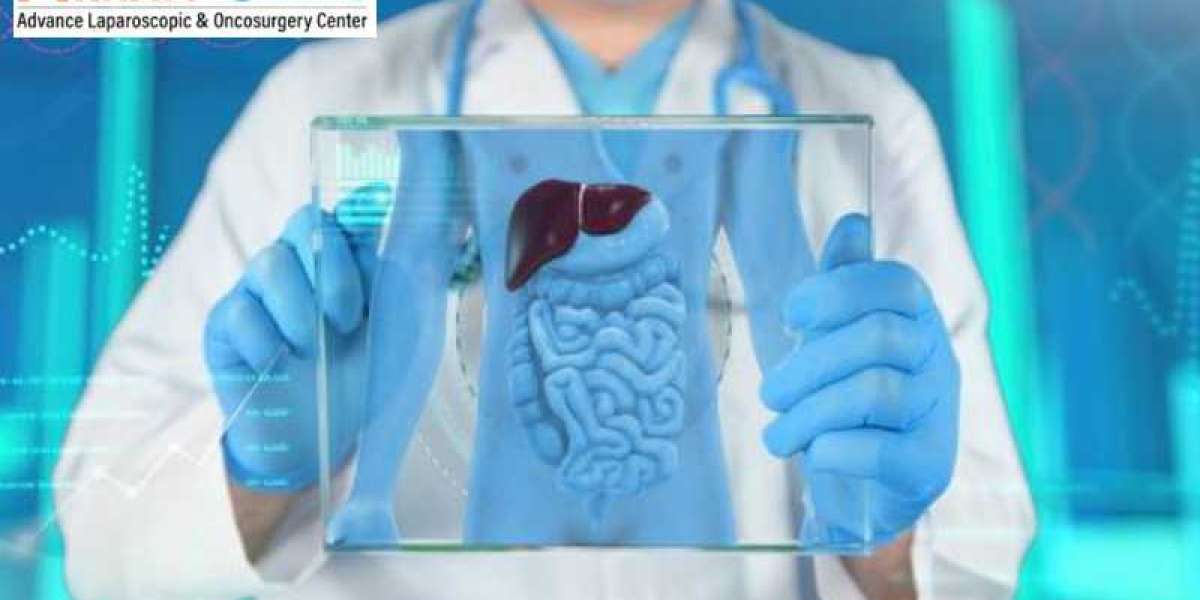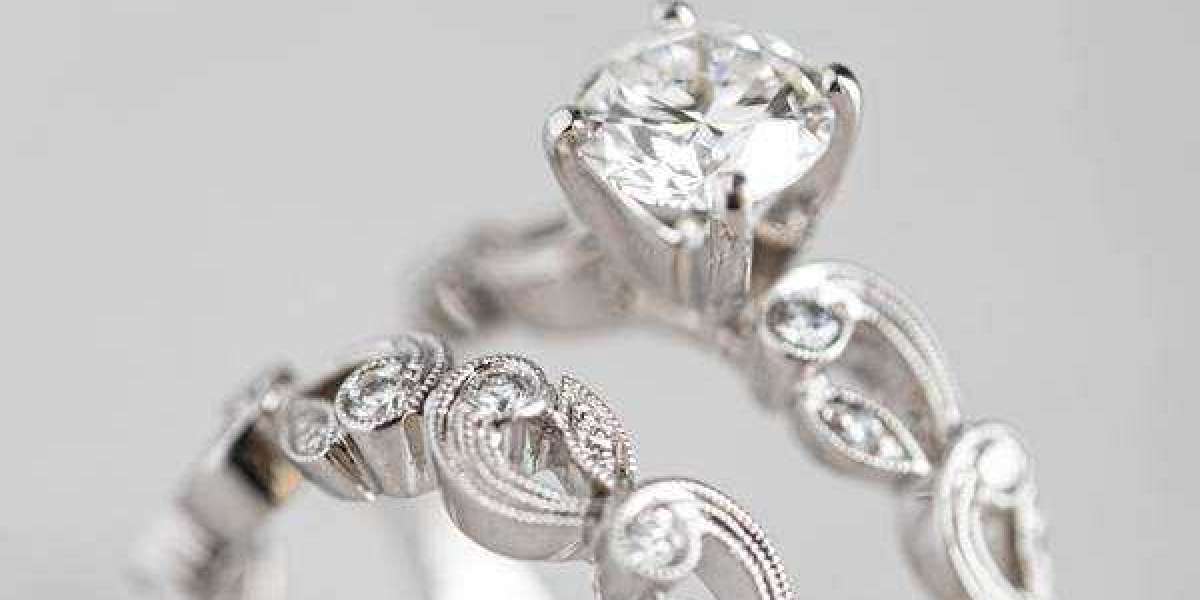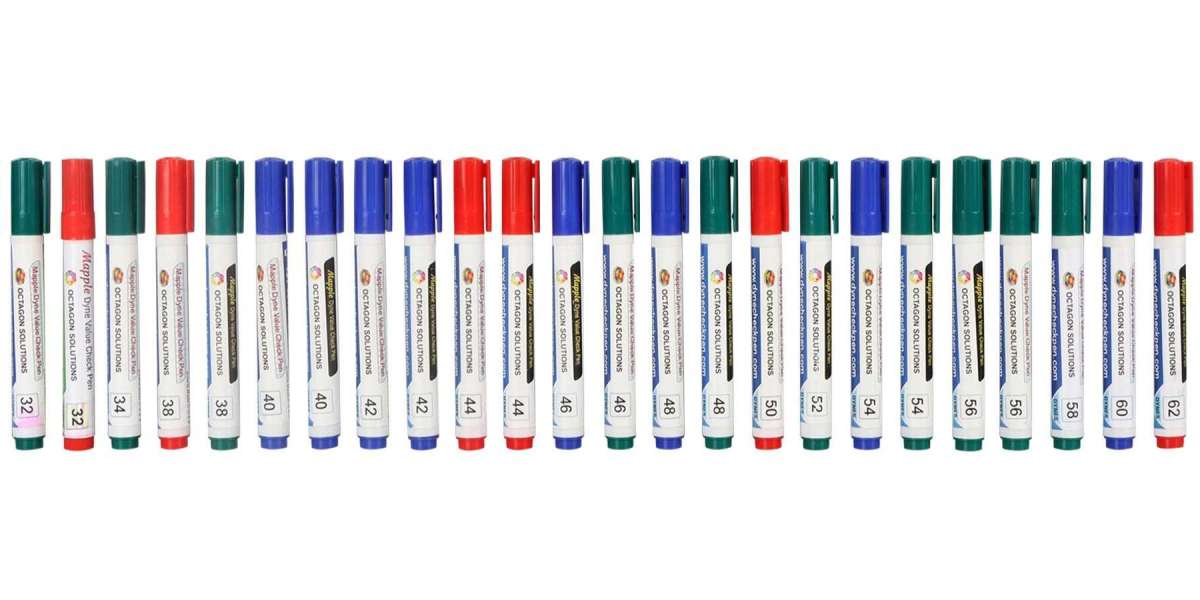Introduction to the Gallbladder and its Functions
Welcome to a guide on living without a gallbladder! Your gallbladder may be small, but it plays a big role in your digestive system. If you've had your gallbladder removed or are considering the procedure, this article will provide valuable insights into diet changes, lifestyle adjustments, and long-term management strategies to help you thrive without this little organ. Let's dive in and explore how you can lead a healthy and fulfilling life post-gallbladder removal.
Reasons for Gallbladder Removal
When it comes to gallbladder removal, also known as cholecystectomy, there are various reasons why this procedure may be necessary. One of the most common causes is the formation of gallstones in the gallbladder. These stones can cause pain, inflammation, and even blockage of the bile ducts. In some cases, a dysfunctional gallbladder that is not functioning properly may also warrant its removal.
Another reason for gallbladder removal could be related to complications such as infection or perforation of the organ. Additionally, conditions like biliary dyskinesia or pancreatitis may require surgical intervention to alleviate symptoms and prevent further health issues.
It's important to consult with a gastroenterologist like Dr. Mayank Jain at Arham Clinic in Pitampura if you are experiencing severe gallbladder-related issues. They can assess your condition and recommend the best course of action for your individual situation.
Diet Changes After Gallbladder Removal
After gallbladder removal, adjusting your diet is crucial to managing digestive issues and promoting overall well-being. Without a gallbladder to store and release bile for digestion, some individuals may experience difficulty digesting fatty foods. It's essential to focus on a balanced diet rich in lean proteins, fruits, vegetables, and whole grains.
To aid in the digestion of fats without a gallbladder, incorporating healthy fats like olive oil or avocados can be beneficial. Additionally, eating smaller meals throughout the day rather than large meals can help prevent discomfort and promote better digestion. Avoiding fried and greasy foods is also recommended as they can trigger digestive distress.
Staying hydrated by drinking plenty of water is important post-gallbladder removal to support digestion and prevent constipation. Including fiber-rich foods like beans, lentils, oats, and chia seeds can also help regulate bowel movements. Consulting with a healthcare provider or nutritionist for personalized dietary recommendations post-surgery is advisable for optimal health outcomes after gallbladder removal.
Managing Digestive Issues and Nutrient Absorption
After gallbladder removal, some individuals may experience digestive issues such as bloating, gas, and diarrhea. These symptoms can occur due to the liver continuously secreting bile into the intestines without being stored in the gallbladder for release after meals. To manage these digestive issues effectively, it is important to focus on a healthy diet that includes smaller, more frequent meals throughout the day.
Incorporating fiber-rich foods like fruits, vegetables, and whole grains can help regulate bowel movements and promote better digestion. Additionally, staying hydrated by drinking plenty of water is essential for maintaining healthy digestion post-surgery. Some people may benefit from taking digestive enzymes or bile acid supplements to aid in nutrient absorption.
It's also crucial to avoid high-fat and greasy foods that can trigger discomfort and worsen digestive symptoms. Instead, opt for lean proteins like chicken or fish and incorporate good fats from sources like avocado or olive oil. Finding a balance that works best for your body may require some trial and error but listening to your body's cues is key in managing digestive issues effectively after gallbladder removal.
Living without a gallbladder may require some adjustments, but with the right diet and lifestyle changes, it is possible to manage digestive issues and ensure proper nutrient absorption. Remember to consult with healthcare professionals like Dr. Mayank Jain at Arham Clinic in Pitampura for personalized advice and guidance on managing gall bladder disease effectively. By making conscious choices in your food selection and incorporating healthy habits into your daily routine, you can lead a fulfilling life even after gallbladder removal. Embrace these changes as opportunities for better health and well-being!
Lifestyle Changes for Optimal Health without a Gallbladder
Living without a gallbladder may require some adjustments to your lifestyle to promote optimal health. One key change is to focus on maintaining a balanced diet rich in fiber, lean proteins, and healthy fats. It's important to eat smaller meals throughout the day rather than large meals that can overwhelm your digestive system. Consulting with a specialist, such as the best gastroenterologist in Pitampura, can provide personalized guidance and recommendations tailored to your specific dietary needs and health goals.
Staying hydrated is crucial for digestion and overall well-being, so be sure to drink plenty of water daily. Regular exercise can also support healthy digestion and help manage weight, reducing the risk of complications post-surgery.
Managing stress through relaxation techniques like yoga or meditation can benefit both physical and mental health. Additionally, getting an adequate amount of sleep each night is essential for healing and maintaining a strong immune system.
By incorporating these lifestyle changes into your routine, you can support your body's ability to adapt and thrive without a gallbladder.
Coping with Potential Side Effects
Living without a gallbladder can bring about some potential side effects that may impact your daily life. One common issue is diarrhea, which can occur due to the increased flow of bile into the intestines. It's essential to monitor your diet and avoid fatty or spicy foods that could trigger this symptom.
Another possible side effect is bloating or gas, as the body adjusts to digesting fats differently after gallbladder removal. Eating smaller, more frequent meals and avoiding carbonated beverages might help alleviate these discomforts.
Some individuals may experience ongoing digestive issues such as indigestion or constipation post-surgery. In such cases, consulting with a healthcare provider for personalized advice and possibly trying digestive enzymes or probiotics could be beneficial in managing these symptoms effectively.
Long-Term Management Strategies
Living without a gallbladder requires long-term management strategies to maintain optimal health and well-being. One key aspect is to focus on a balanced and nutritious diet, rich in fiber, lean proteins, and healthy fats. Regular exercise plays a crucial role in managing weight and promoting overall digestive health.
It's essential to stay hydrated by drinking plenty of water throughout the day. Monitoring portion sizes can help prevent digestive discomfort and promote better digestion. Incorporating probiotics into your daily routine can support gut health and aid in digestion.
Regular check-ups with your healthcare provider are important for monitoring any potential issues or complications that may arise post-surgery. Additionally, staying informed about any dietary or lifestyle changes recommended by your doctor is crucial for long-term success.
By adopting these long-term management strategies, you can effectively navigate life without a gallbladder while prioritizing your health and well-being.
Conclusion: Living a Healthy and Fulfilling Life Without a Gallbladder
Embracing life without a gallbladder may seem daunting at first, but with the right diet, lifestyle changes, and long-term management strategies, it is entirely possible to lead a healthy and fulfilling life. Remember that each person's experience after gallbladder removal is unique, so it's essential to work closely with healthcare professionals like Dr. Mayank Jain at Arham Clinic for personalized guidance.
By making smart dietary choices, focusing on nutrient absorption, staying active, managing digestive issues effectively, and being mindful of potential side effects like diarrhea or bloating, you can optimize your health post-surgery. With dedication and support from experts in gastroenterology like the best gastro doctor in Delhi - Dr. Mayank Jain at Arham Clinic - you can navigate the challenges of living without a gallbladder with confidence.
By prioritizing your well-being through proper care and attention to your body's needs post-gallbladder removal surgery, you can continue to enjoy all that life has to offer without missing a beat!



